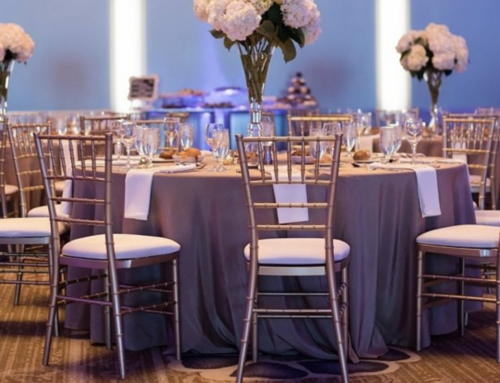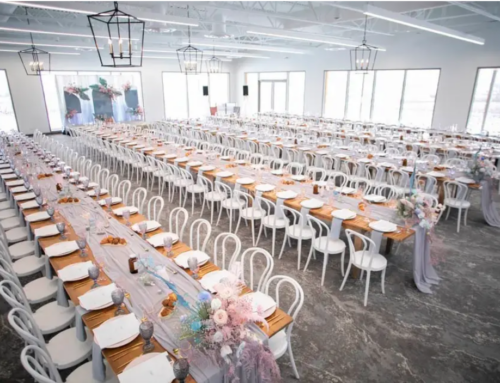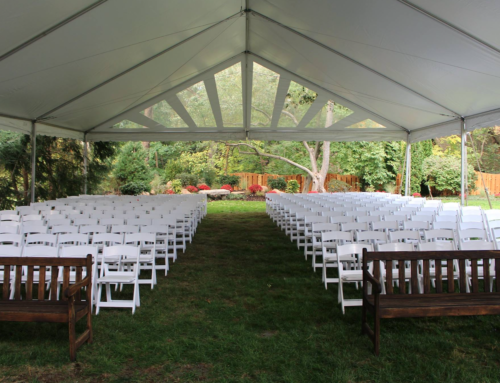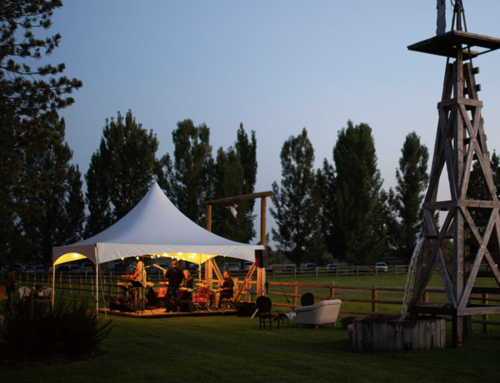Being a freelance event planner provides independence, freedom and flexibility, but it’s not without its challenges.
Here are our top tips for going it alone.
1. Gain experience as an employee first
It would be quite challenging for someone to graduate from an event management course and start working as a freelancer without experience or contacts. Ideally, you need to get a year or two of experience under your belt, working for an event agency or a corporate’s in-house event department. On the plus side, event agencies use freelance staff to provide all levels of support, from delegate management through to project management, so there are opportunities even for junior event planners.
2. Sign up with event recruitment agencies and join social media groups
Being successful as a freelancer is all about making contacts so that you hear about opportunities. Specialist event recruitment agencies are a good first step. They place freelancers, as well as permanent staff, on medium or short-term contracts.
Another way is joining networks on social media. There are several groups you can join where you can share information, your C.V., contacts and inside information.
3. Make the most of existing contacts
If you’ve been working for an agency it’s well worth approaching them to become your first freelance client. Most agencies now use freelance staff on a regular basis, and if you’ve been working for them full-time they’re more likely to choose you over someone they don’t know (provided the departure was agreed and amicable.
4. Work at building relationships
There are a lot of freelancers competing for work so it helps to have strong relationships with both event agencies and other freelance event planners. When event agencies source freelancers directly, as opposed to going through a recruitment agency, they will tend to go to their core, favoured freelancers who they work with on a regular basis. They get to know each other and know how they work.
It’s the same with freelancers; they tend to have regular jobs with regular agencies. Then it’s all down to referrals. The longer you’ve been in the business, the more referrals you tend to get.
5. Be prepared to do anything!
Sometimes being a freelancer allows you to pick and choose the work you want, other times you have to take anything you can get. That can sometimes mean doing something more menial or mundane than you would like or are qualified to do, but it goes with the territory.
6. Show initiative…but don’t tread on any toes
Clients like you to show some initiative and be proactive, but without treading on the toes of the project or account manager. You’ve got to be ready to take instruction without challenging it, but also understand how to share the benefit of your experience. So tact is an important skill.
7. Plan ahead (as much as possible)
It’s not easy to earn a consistent living as a freelancer. No matter how long you’ve been doing it, it’s always a challenge. That’s because everything is generally confirmed at short notice. There are very few jobs that confirm months in advance, unless you have a regular event you work on every year.
There’s not a lot of security, so you need to be thinking ahead constantly, checking for opportunities daily.
8. Be prepared to cancel your holiday plans
Sod’s law is that as soon as you book a holiday you get offered a great job. Unless you’re in a very strong position, it’s very hard to turn down work, because you just don’t know what the future holds.
9. Have savings in case of emergency
It’s important to always have a float because you never know when you’ll have to dip into it. You have to cover your back for the summer months when work is quieter. It’s pretty nerve wreaking when you’re down to your last few dollars with no jobs in sight and bills to pay.
10. Don’t expect to get rich
You can earn a good living from being a freelancer, but you’re never going to get rich and retire early. It’s also very hard to get a mortgage, so if you’re totally self-dependent and don’t have the support of a partner you need to think carefully about your future before entering this career.









Leave A Comment
You must be logged in to post a comment.